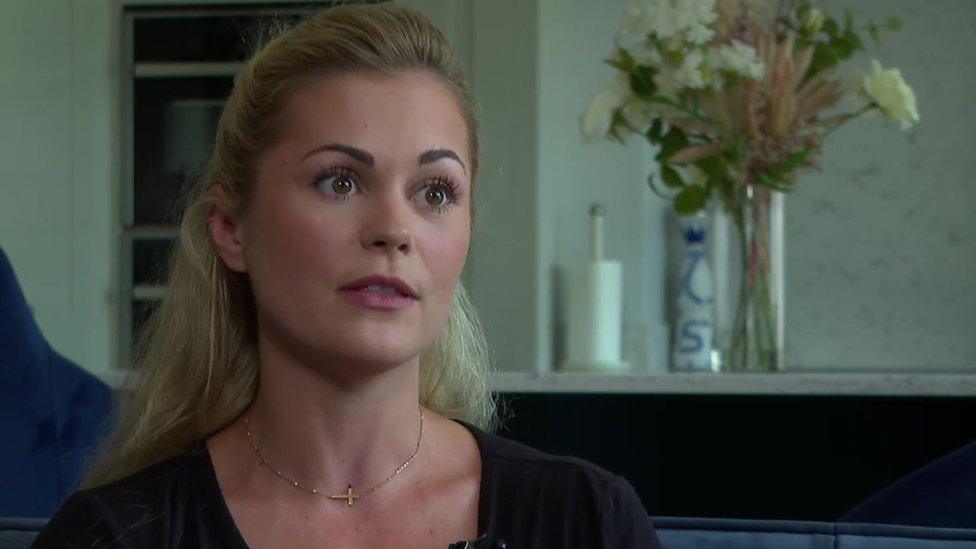Cost of living: Dorset 'warm banks' may help those who cannot heat homes
- Published
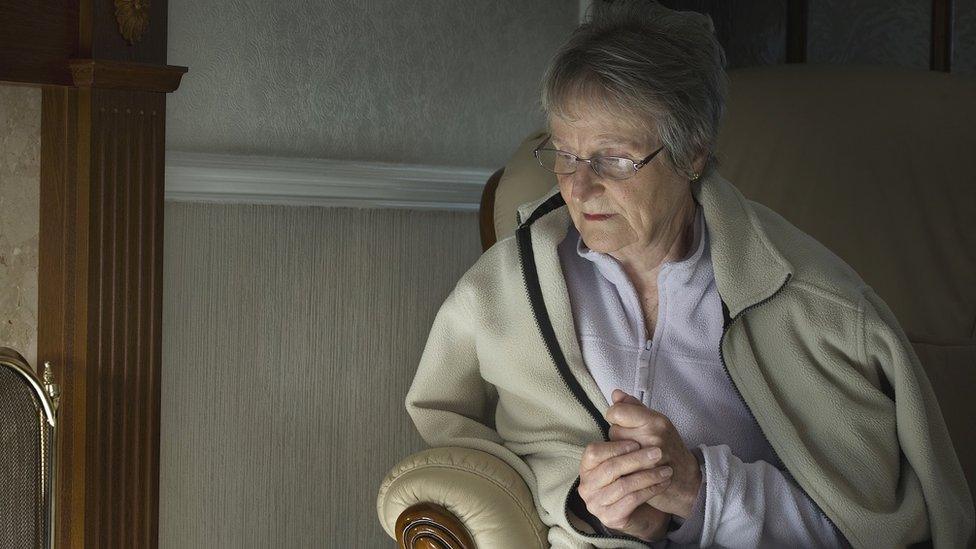
An average fuel bill could exceed £5,300 next year, experts have predicted
Talks are being held to discuss the concept of "warm banks", to help those worst affected by the cost of living crisis during the winter
Dorset Council said it was working with community and voluntary groups to ensure residents are supported "as best they can".
The energy cap increase in October will see bills rise to an average of £3,500.
The council is looking at whether to extend opening of places such as libraries.
A number of other local authorities are also discussing how to help people who cannot afford to heat their homes during the colder months.
The Dorset Together Network group includes the council, NHS, Public Health Dorset, the emergency services, and faith and volunteer groups.
A council spokesperson said: "We are currently working with a range of community and voluntary organisations to make sure Dorset residents are supported as best we can during the cost of living challenge.
"We are considering a range of options including whether to extend opening of public buildings, such as libraries, to help people have safe and warm places to be during the colder months."
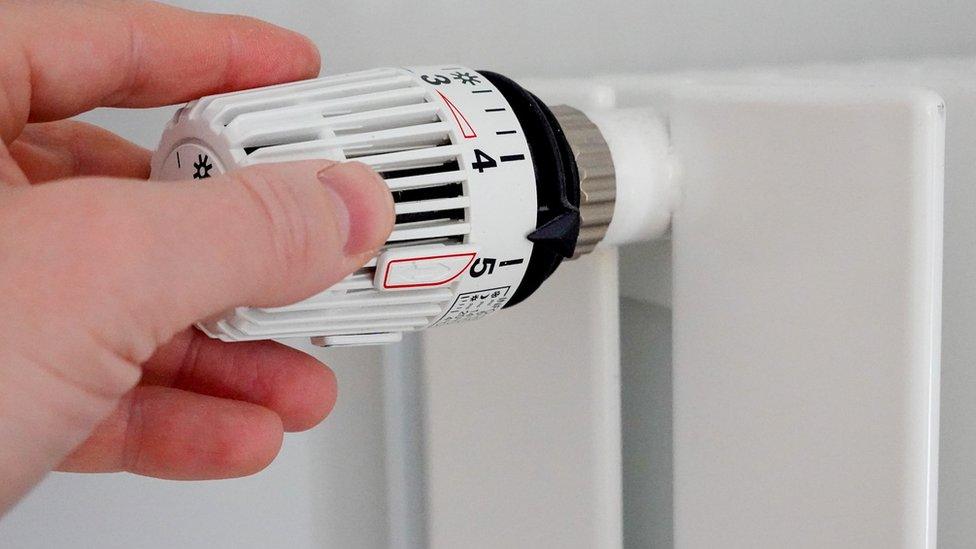
Lowering the thermostat to keep the costs down, many people fear not being able to stay warm this winter
It's not clear what additional government support might be offered when the new Prime Minister takes office on 5 September.
A government spokesman said: "We know the pressures people are facing with rising costs, which is why we have continually taken action to help households by phasing in £37 billion worth of support.
"This year, we have also made available an additional £3.7 billion to councils in recognition of their vital role and to ensure they have the resources they need to maintain and improve their services."

Follow BBC South on Facebook, external, Twitter, external, or Instagram, external. Send your story ideas to south.newsonline@bbc.co.uk, external.
Related topics
- Published2 September 2022
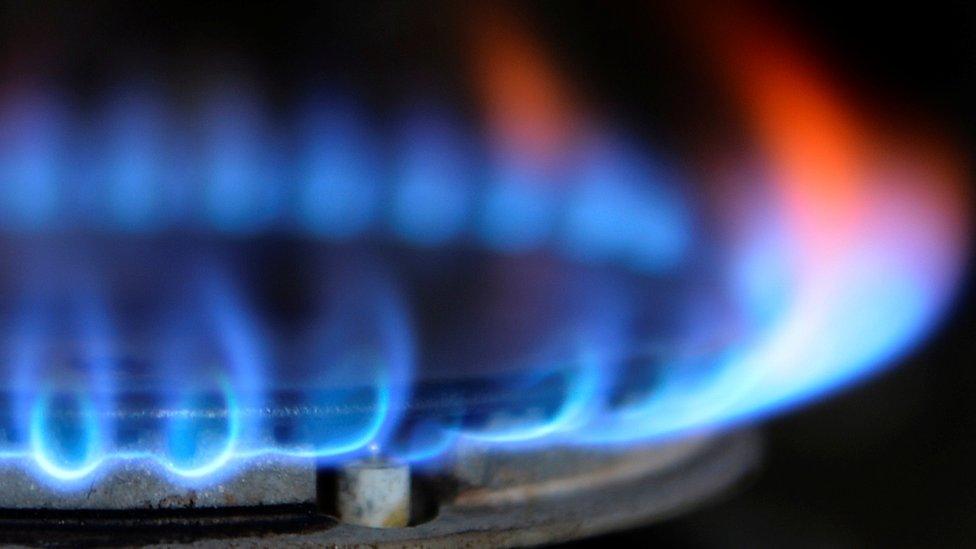
- Published2 September 2022
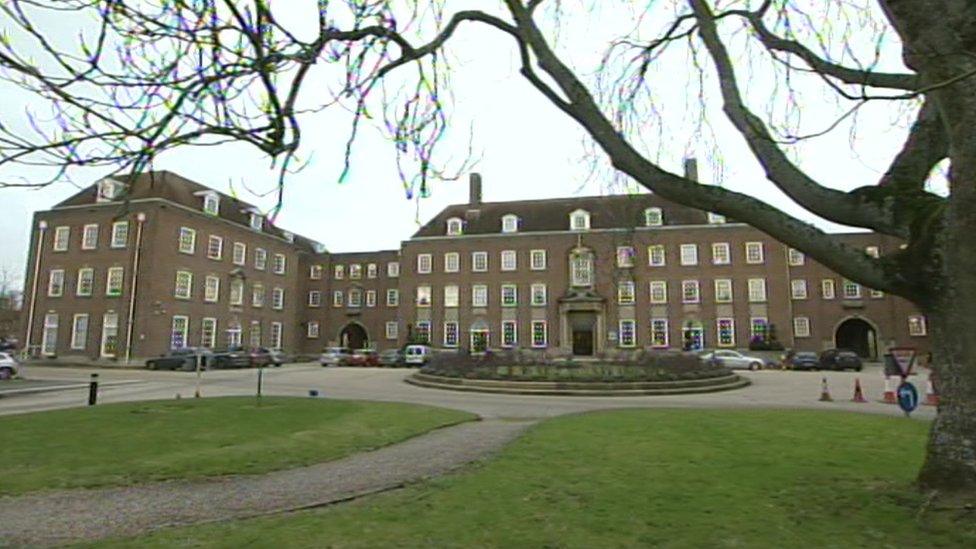
- Published5 August 2022
